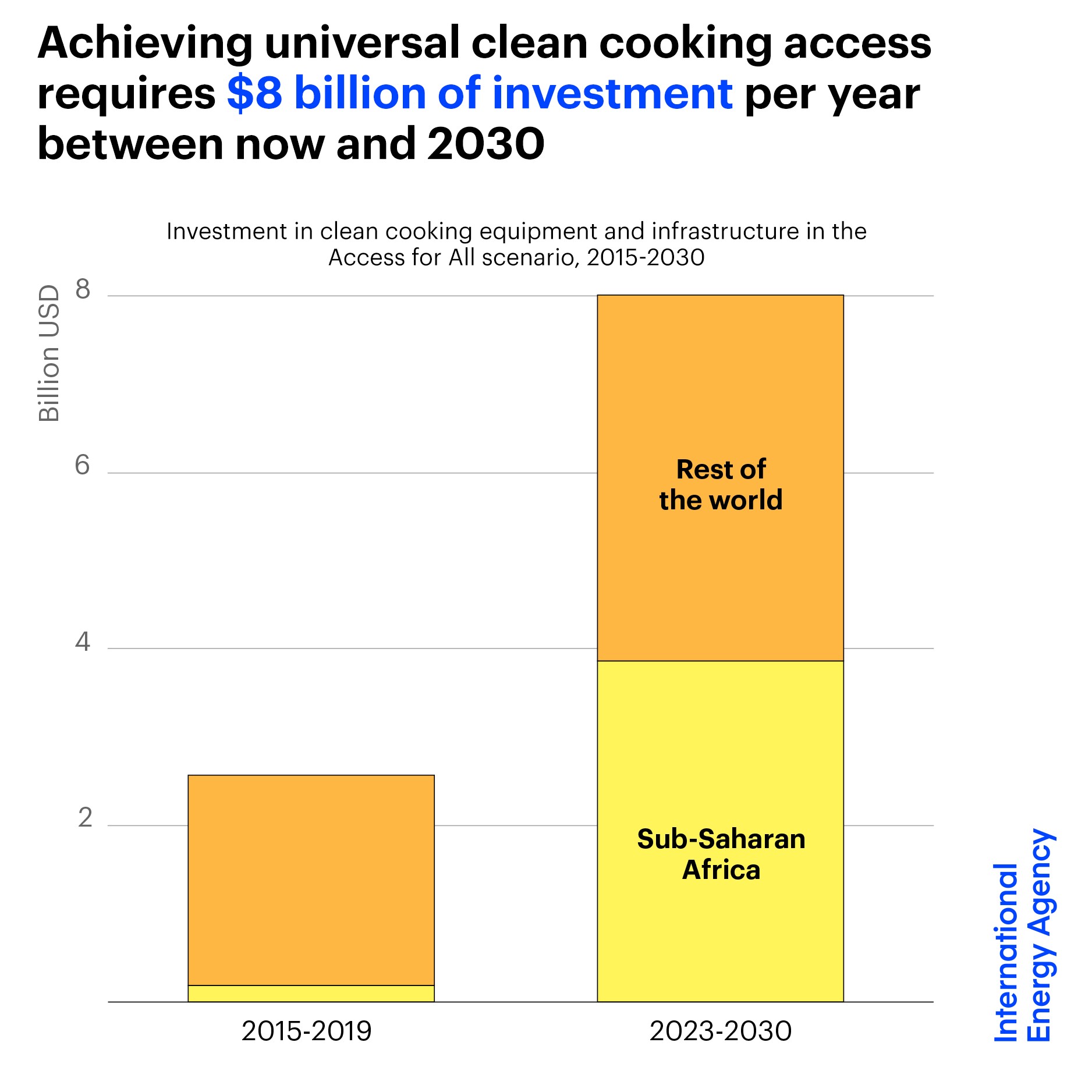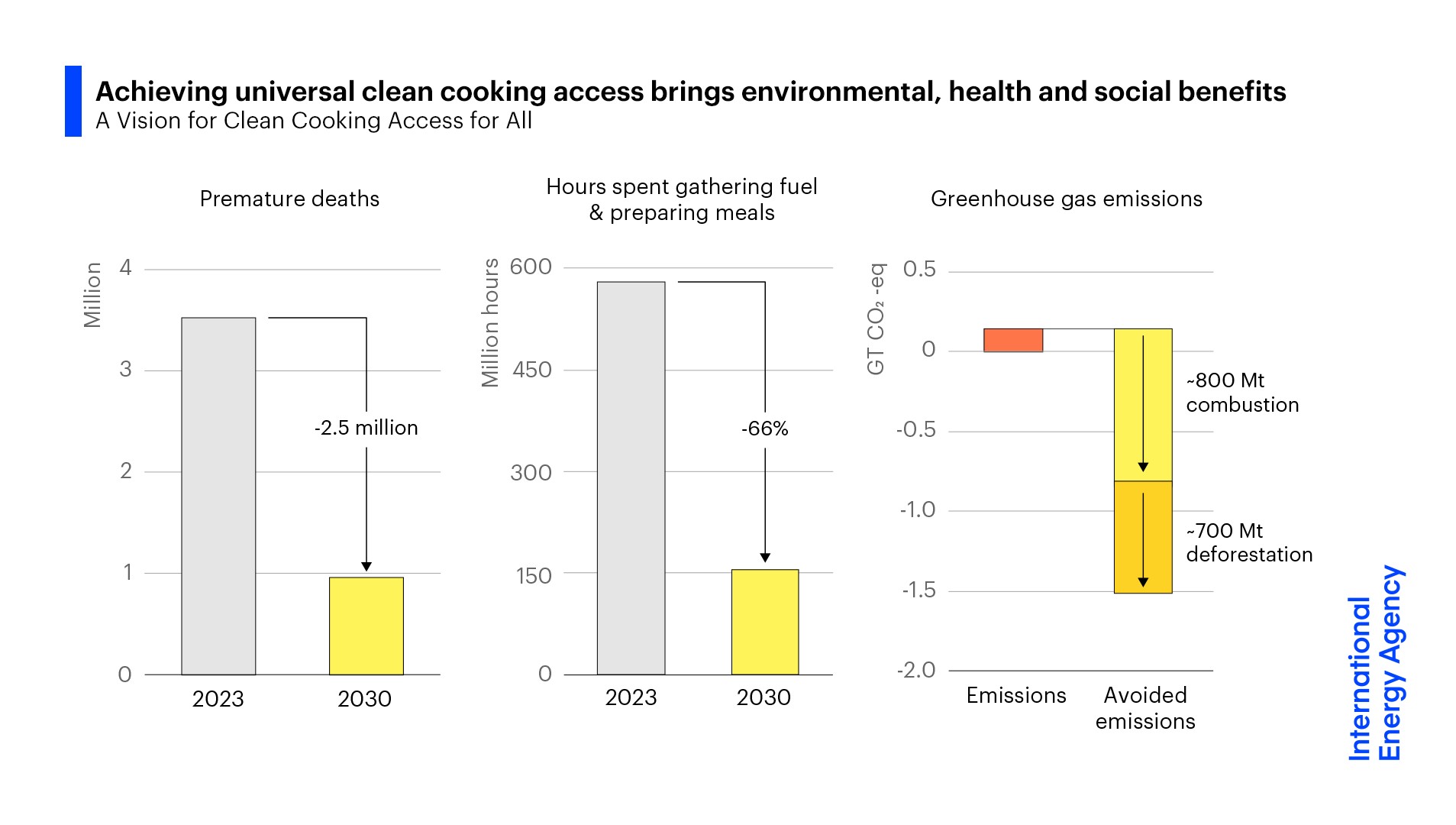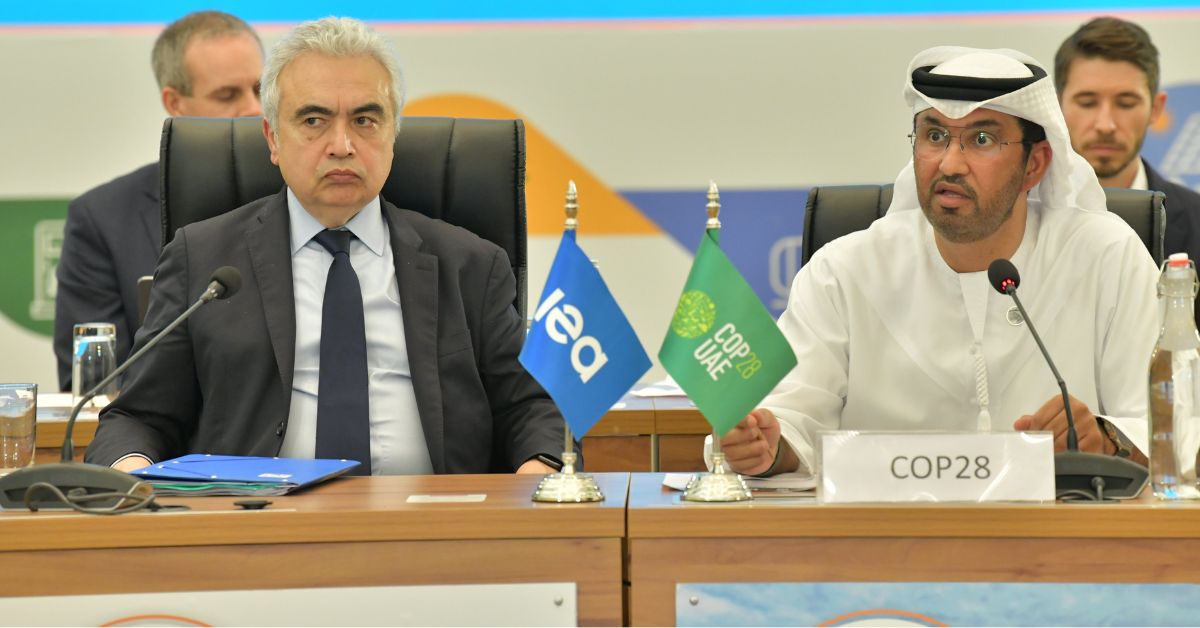PARIS – Clean cooking is a topic that rarely hits the headlines or makes it onto the political agenda. And yet, it’s a cornerstone of global efforts to improve energy access, gender equity, economic development and human dignity. said IEA Executive Director Fatih Birol.
He was referring to a new IEA report, produced in partnership with the African Development Bank Group AfDB), which highlights that nearly one in three people around the world still cook their meals over open fires or on basic stoves, resulting in significant damage to health, living standards and gender equality – and yet this challenge can be overcome this decade through a relatively modest amount of investment.
“This report shows universal clean cooking access could be reached worldwide by 2030 with annual investment of US$8 billion, which is just a tiny fraction of what the worlds spends on energy each year. Tackling this injustice is affordable and achievable,” he added.
Today, 2.3 billion people rely on charcoal, firewood, coal, agricultural waste and animal dung as fuel to prepare meals, causing them to breathe in harmful smoke in the process. Air pollution from these rudimentary cooking methods causes 3.7 million premature deaths, ranking it the third largest cause of premature death globally.

Women suffer the worst impacts from the lack of clean cooking. The burden of fuel collection and making meals typically falls on women and takes on average 5 hours a day. This prevents many women from pursuing education and employment or from starting a business that could deliver financial independence.
The new report, A Vision for Clean Cooking Access for All, offers a practical guide to bring the tools and fuels needed for every household worldwide to have access to clean cooking by 2030.
Basic cooking methods that are widely used by populations that lack access to clean cooking also contribute to greenhouse gas emissions. The collection of wood and charcoal for cooking results in the loss of areas of forest the size of Ireland each year.
In the last decade, global progress on clean cooking has been slow, with progress restricted to a handful of countries. Since 2010, China, India and Indonesia all halved the number of their citizens who lack clean cooking access. These efforts relied largely on providing free stoves and subsidised canisters of liquefied petroleum gas. However, during the same period, Africa’s population without clean cooking access continued to climb. Under today’s policy settings, most African countries are not expected to reach full clean cooking access even in the 2050s.

“The lack of access to clean cooking negatively impacts public health, perpetuates deforestation, and increases greenhouse gas emissions. Universal access to modern energy by 2030 is imperative and requires game-changing approaches,” said President Akinwumi Adesina of the African Development Bank Group. “I am confident that the rich data and insights from this report will inform and shape our collective approaches to this noble goal of universal access to clean cooking in Africa.”
To achieve the universal access target laid out in the UN’s Sustainable Development Goal 7, nearly 300 million people need to gain access to clean cooking means each year between now and 2030. People in sub-Saharan Africa represent half of this amount, highlighting where international efforts need to focus.
The benefits in terms of gender equality, health, and time-savings from reaching universal access to clean cooking would be immense. The report finds, for example, that premature deaths from poor indoor air quality would drop by 2.5 million annually. The average household would save at least 1.5 hours of time a day, freeing up time for other pursuits such as education or work, especially for women. The total time-savings globally would be equal to the annual working hours of a labor force the size of Japan’s. And the reduction in global greenhouse gas emissions would reach 1.5 billion tonnes a year, equivalent to the current emissions from all ships and planes combined.
Achieving universal access to clean cooking would require investment of US$8 billion annually in stoves and infrastructure between now and 2030. This is less than 1% of what governments spent in 2022 globally on measures to keep energy affordable for their citizens.
Public and private finance have a key role to play in advancing clean cooking, especially in regions without the fiscal space to drive the required investment through public funds. Concessional and climate financing will be needed to support projects in the poorest regions, notably in sub-Saharan Africa. Concessional finance would need to make up around half of the annual investment.
“Solving access to clean cooking does not require a technological breakthrough,” Dr Birol said. “It comes down to political will from governments, development banks and other entities seeking to eradicate poverty and gender inequality. But today, we are failing women in some of the most vulnerable areas of the world.”








